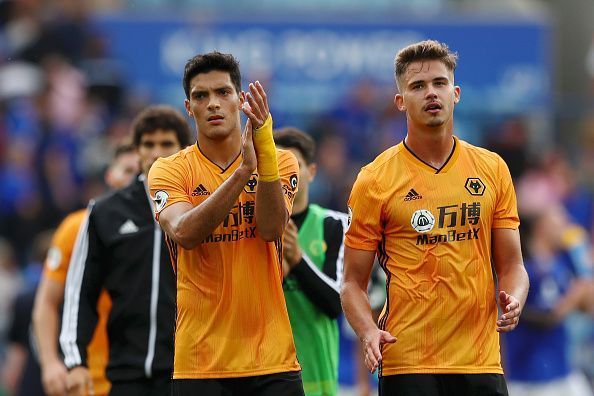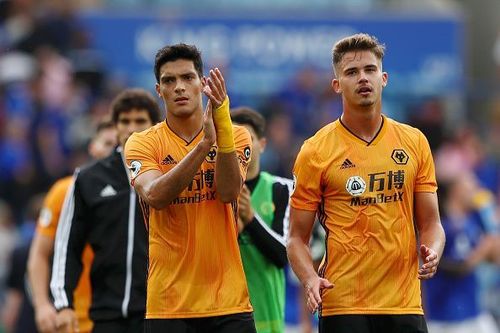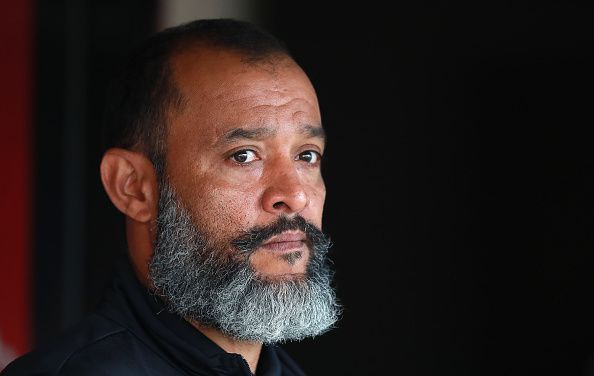
Can Wolves finally make their mark in the Premier League?

Wolverhampton Wanderers FC, a name once so intrinsically related to English football. The club was one of the founding members of the original Football League which was the top tier of English football until the inception of the Premier League in 1992, enjoying a golden era in the 50s when they won the league on three occasions. The team also contested the inaugural UEFA Cup final in 1972, losing to Tottenham Hotspur.
Since the heyday of their league triumphs, the club faded into obscurity, facing constant financial troubles and relegation battles. Under the ownership of Sir Jack Hayward, home stadium Molineux was rebuilt into a modern all-seater stadium, which boosted revenue and pushed the club's bid to reclaim a spot in the top tier.
Under the tutelage of manager Dave Jones, Wolves finally made their debut in the Premier League in the 2003-04 season. The club was immediately relegated back to the second tier. Sir Jack Hayward eventually sold the club in 2007 to businessman Jack Morgan who pumped money into the club and hired Mick McCarthy.
The Irishman led the club back to the Premier League in the 2009-10 season, and bravely battled relegation for the next two years until his departure in the 2011-2012 season, at the end of which the club was again sent packing to the English Football League.
At this point all seemed lost, another attempt to claw a way back into the first tier seemed futile, and to top it all, under an ill-fated succession of managers, the club was relegated to the third tier in 2013. This was the start of perhaps one of the most fairytale football stories of the lower divisions of English football.
Appointing a determined manager in Kenny Jackett, the club scored 103 points on the board to win the third division and narrowly missed the playoffs in the second division during the next season.

After the dismissal of Jackett, another string of mediocre managerial choices finally gave way to the appointment of Nuno Espirito Santo, the former protege of Jose Mourinho, and a member of the Porto squad that captured the UEFA Champions league in 2004. His arrival at Wolves succeeded the take over of the club by Chinese firm Fosun International in 2016.
Playing an attacking brand of football, while employing a 3-5-2 formation, Nuno led the team back to the Premier League, winning the second division title in 2018. The manager recognized the gulf in quality that was evident between his team and those of the Premier League and opted to change the team's style to play a counter attacking brand of football. Nuno imprinted in his team, a blend of English and Portuguese footballing tactics.
Backed by the new owners, Nuno signed compatriots Joao Moutinho and Rui Patricio, also finalizing Diego Jota's loan into a permanent move at the club, while adding Raul Jimenez and Adama Traore to the squad. The signings cohesively complemented the prevailing system ingrained by the manager, and alongside established starters, Ruben Neves, Leander Dendoncker and Conor Coady steered their team to a seventh position finish.
The team was perceived by their critics to have overachieved, labeled a one-season wonder, while their proponents praised their compact defensive organization and thrilling counter attacking displays. Most noteworthy was the club's record against the top six. The club accrued a mammoth 16 points against the premier league's elite, posting home victories against Chelsea, United, Arsenal and even winning away at Spurs.
However, their strong displays against the top six sides masked an apparent complacency against the bottom half teams. Egregious defeats against relegation fodders Huddersfield and Southampton along with insipid displays against Newcastle epitomized the team's inconsistency.
The club has again spilled the cash this season, notably signing Patrick Cutrone from Milan and Jesus Vallejo from Madrid. With the club recently winning its Europa League qualifier 4-0 against Armenian side Pyuknik, all signs point towards another encouraging season, albeit one where the club will try to cement its position in the top half and aim to perform more consistently.
With a competent manager at the helm and an exciting batch of youth players at the fore, perhaps betting on the underdogs to break into the top six is not such a bad bet after all.